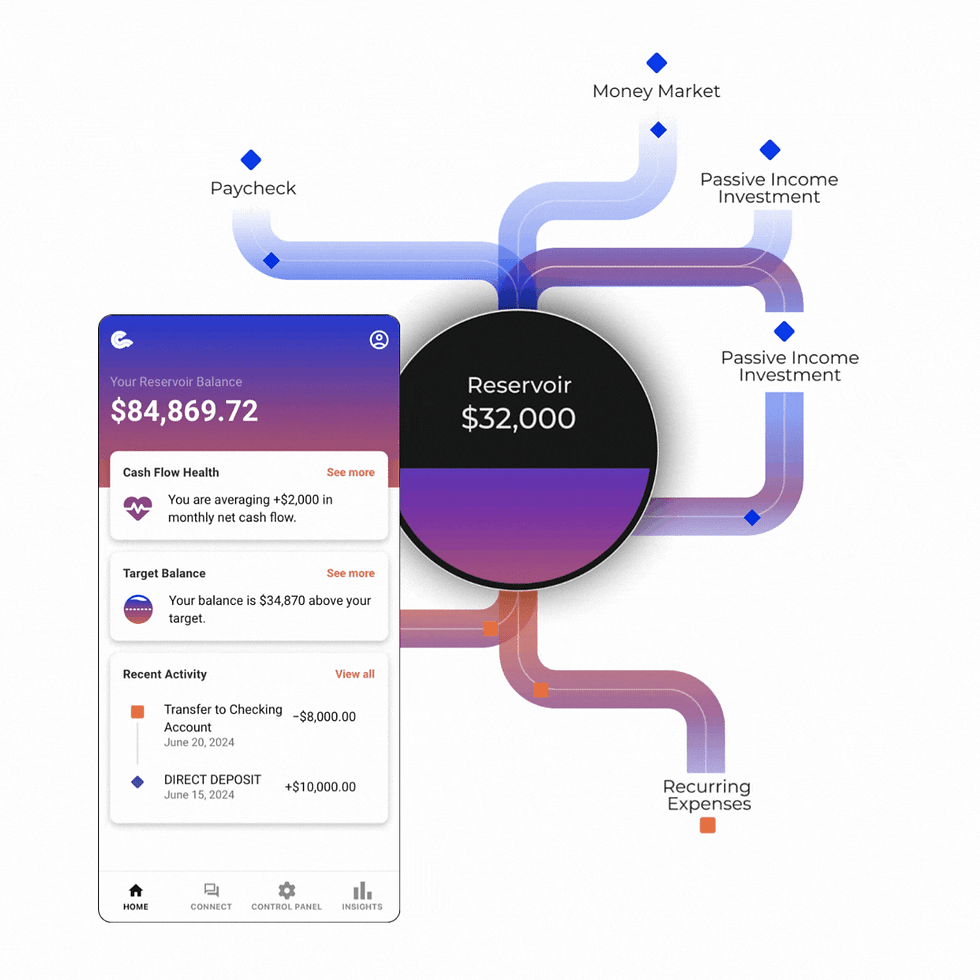Navigating Mileage Deductions: A CPA's Insight on the Importance of Mileage Tracking
- Allison L. Reynolds, CPA

- Apr 6, 2024
- 3 min read

As we embark on a new tax year, exploring every avenue for potential tax savings is crucial. One often overlooked but valuable deduction is related to mileage. In this blog post, we'll delve into the details of mileage deductions, when to start tracking, apps to choose from, and how consulting a CPA can enhance your tax planning.
Understanding Mileage Deductions
Mileage deductions are a powerful tool for individuals who use their vehicles for business purposes. Whether you're self-employed, a freelancer, or a small business owner, tracking your business-related mileage can lead to significant tax savings. The Internal Revenue Service (IRS) allows you to deduct a standard mileage rate for business use of your car, or you can opt for the actual expenses method. For 2024 the federal mileage rate is $0.67 a mile, which is adjusted each year based on inflation. That can add up to some significant savings! Alternatively, you can take depreciation and actual expenses instead of the standard mileage rate, but either way, you still have to track your mileage. Consult with your CPA to decide which one is right for you.
Why the Beginning of the Year is the Perfect Time:
1. Fresh Start to the Year: Utilizing a logging app from the start allows you to establish a clean slate for accurate mileage tracking. It ensures that you capture every business-related trip throughout the year. Even if you don't start in January, a late start is better than none at all.
2. Consistency and Accuracy: Mileage tracking apps provide a convenient and consistent way to track your mileage. By logging each trip in real-time, you reduce the chances of overlooking or forgetting to record business-related journeys. Mile IQ, Stride, QuickBooks, TripLog, and Hurdlr are all commonly used applications.
3. Efficient Record-Keeping: Apps automate the process of mileage tracking, making it more efficient and less time-consuming. This is especially beneficial for busy professionals who may find manual record-keeping challenging to maintain consistently. If your return is ever selected for audit, you will be required to produce written documentation of any mileage deductions taken so the tracking apps can be helpful so you don't have to re-create a trip log months or years after the fact.
4. Real-Time Expense Tracking: Many logging apps not only track mileage but also allow you to categorize trips and expenses instantly. This real-time tracking provides a holistic view of your business-related activities, making it easier to manage your finances throughout the year. Keep in mind there are no specific business mileage tax deductions for W-2 employees and business mileage does not include your trips to and from your normal place of work (i.e. office), but it does for example include trips you make for business-related travel, trips for supplies/inventory, and trips for on-site client visits etc.
5. Data for Tax Planning: You can make more informed decisions to optimize your tax strategy with your mileage data.
Choosing the Right App:
Selecting the right mileage app is crucial for effective mileage tracking. Look for features such as automatic trip detection, customizable categories, and the ability to export reports for tax purposes. The IRS requires that you keep a written record of the date, the business purpose, and the miles driven to support your deduction. You should also track total mileage driven in a vehicle used for business to be able to utilize the actual expense method or to even deduct the interest expense on your car loan.
Maximizing your mileage deductions starts with proactive and accurate tracking. The beginning of the year is the perfect time to download a mileage tracking app, setting the stage for a year of efficient record-keeping and potential tax savings. If you have questions about mileage deductions or need personalized advice, don't hesitate to reach out to your trusted CPA. You can make the most of your business-related mileage and pave the way for a financially successful year ahead.






Comments